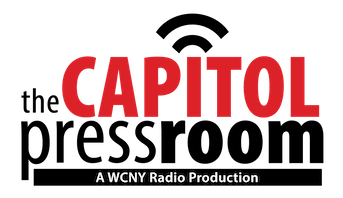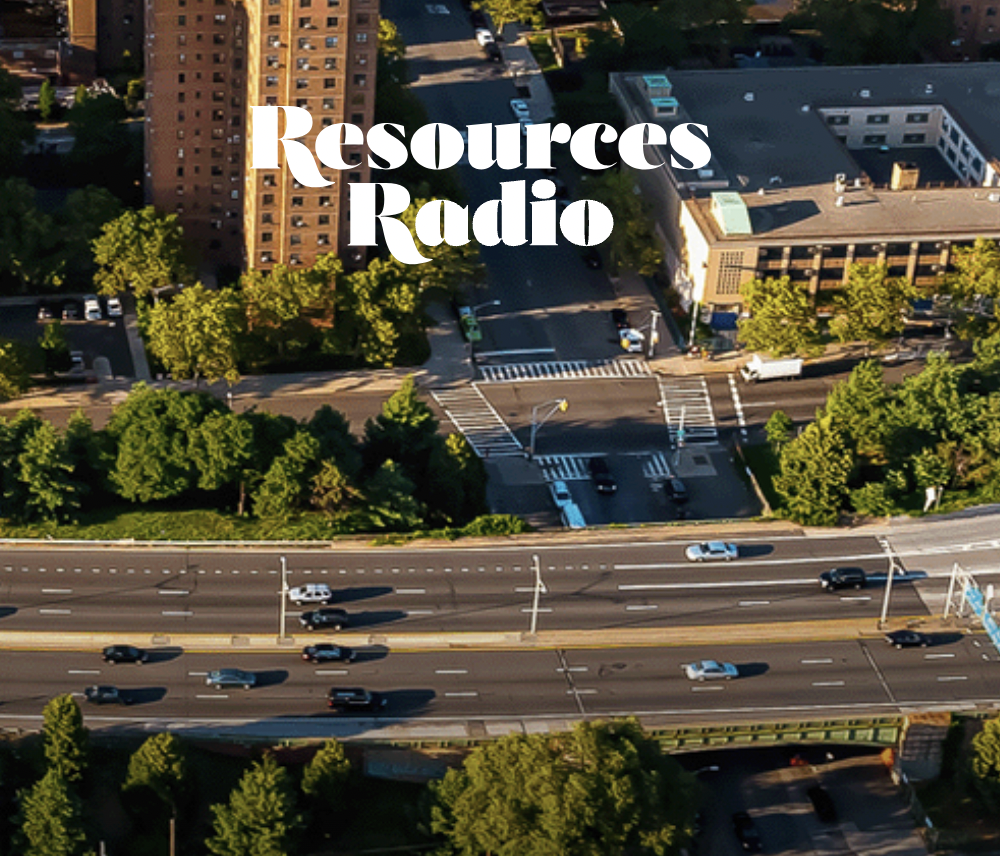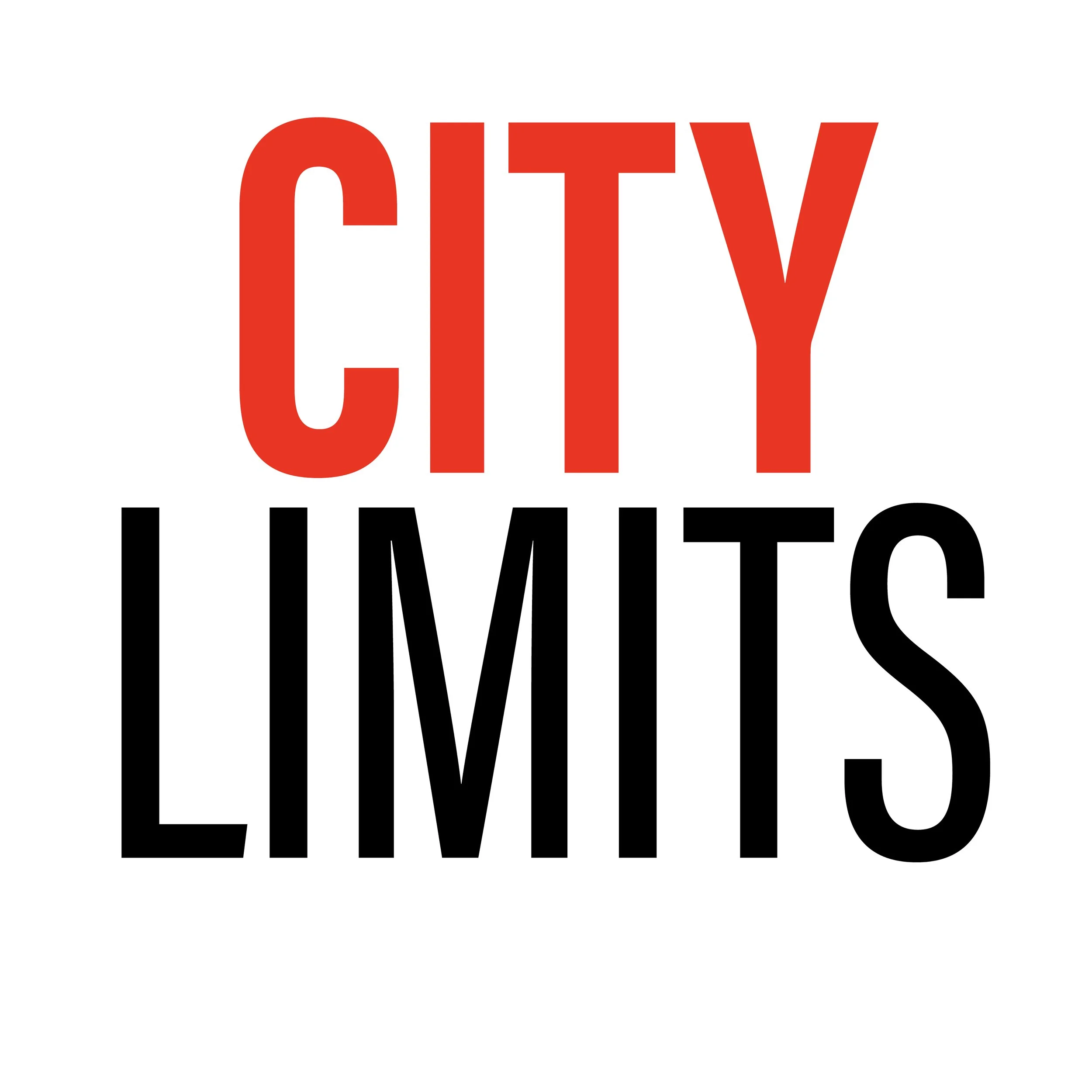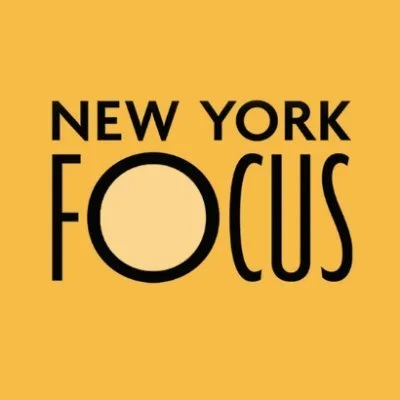North Bellport and more than 1,700 other neighborhoods in the rest of New York were identified earlier this year as disadvantaged communities earmarked for billions of dollars in climate funding, according to a state working group. Now, several Long Island coalitions and organizations are calling for that money to be rolled out. They gathered on Wednesday, Nov. 15 in Hempstead — another disadvantaged community — to launch their campaign for the Climate, Jobs & Justice Package.
Read MoreNY Renews Executive Director Stephan Edel discusses some of his coalition priorities for the 2024 state budget process with the Capitol Pressroom.
Read MoreZero-emission bus manufacturer Nova Bus recently announced the closure of its Plattsburgh facility. As one of the top five major private manufacturing companies in the area, Nova Bus anchors the North country’s manufacturing cluster.
Read MoreVictoria and Molly are here today to talk about a study that the New York City Environmental Justice Alliance, where Victoria works—or NYC-EJA, as we'll refer to it—and RFF co-led that involves several academic partners. That study was an analysis of the impact of the Climate Leadership and Community Protection Act’s implementation on emissions and air quality in New York State's disadvantaged communities. We're going to learn more from Victoria and Molly about this Climate Leadership and Community Protection Act, or the CLCPA, as we'll refer to it.
Read MoreThis summer, as heat waves engulf the U.S. and New Yorkers are forced to breathe polluted, smoky air from the devastating wildfires in Canada, New York's state Legislature has finally begun the process of assessing how to fund and implement our state's landmark climate law.
Read MoreFor the first time in several decades, the percentage of Americans concerned about climate change is going down. A majority – 58 percent – still sees climate as a serious threat to our future.
But how can the climate action movement win more hearts and minds? Part of that strategy includes a march on Friday. Our guests discuss what they have planned.
Read MoreThe climate crisis is growing in intensity, threatening our communities, and is affecting the lives of all New Yorkers. Just this summer New Yorkers have been confronted with new, more deadly and debilitating climate emergencies, from the severe flooding in the Hudson Valley to the thick, choking wildfire smoke from Canada causing an increase in respiratory issues and asthma-related ER visits, disproportionately in low-income, predominantly Black and Hispanic communities.
Read MoreThis summer, as heat waves engulf the U.S. and New Yorkers are forced to breathe polluted, smoky air from the devastating wildfires in Canada, New York's state Legislature has finally begun the process of assessing how to fund and implement our state's landmark climate law.
Read MoreAt long last, the State has a feasible plan to reduce climate-warming emissions, make large companies pay for their emissions, and then use those funds to drive the economy-wide transition to renewable energy - all while averting shifting the cost of doing so onto consumers. That is, if the system is well designed.
Read MoreAfter bouts of smothering smoke from Canadian wildfires fueled by heat and drought, the climate crisis came knocking at New York’s door again last month in the form of a stunning once-in-a-thousand-year deluge in the Hudson Valley. Our legislators appeared shocked and blindsided; many took to social media to commiserate. Gov. Kathy Hochul urged New Yorkers to use every bit of our power to fight the ravages of climate change.
Read MoreGov. Kathy Hochul’s administration is still exploring how to implement the East Coast’s first economy-wide cap-and-trade program for greenhouse gas emissions, with an eye to moderating costs to consumers while satisfying major concerns from environmental justice advocates about localized pollution impacts of the proposal.
Read MoreMethane, one of the most potent greenhouse gases, is the major component of the biogas that seeps from countless landfills and wastewater plants. It makes sense, then, to prevent that methane from escaping into the atmosphere—
Read More“Up until now, the vast majority of our climate spending has been from essentially the most regressive form of revenue raising we have, [which is to] charge low-income customers fees on their utility bills. And so it’s a huge shift,” said Stephan Edel, coalition coordinator for NY Renews.
Read MoreToday, the NY State Senate took decisive leadership on climate and energy and brought New Yorkers closer to cleaner energy.
In addition to lower bills by passing the New York HEAT Act (S2016A/A4592A).
Read MoreOn May 25, NY Renews coalition organizations launched a series of distributed rallies statewide. Check out some of the press coverage here.
Read MoreThis month, New York can pass two bills that create much-needed systemic change. The Climate and Community Protection Fund (S.5360/A.6263) would connect the Climate Action Fund established in the 2024 budget with the funding streams, labor protections and other requirements for effective CLCPA implementation.
Read MoreHeading into the end of session, the coalition that spurred what became New York’s climate law is going on the attack against National Grid.
Read MoreTo guarantee that disadvantaged communities don’t get the short end of the stick, environmental coalitions like New York Renews have been fighting for the the creation of the Climate and Community Protection Fund, which would direct $10 billion proceeds from a variety of sources—including Cap-and-Invest—to communities, workers and small businesses.
Read MoreNY Renews coalition said,“NY Renews thanks the Senate for its Earth Week bill package, which includes legislation that will help get lead and toxic products out of our homes, expand NY’s food scraps and food donation recycling programs, protect wildlife, and defend the health and quality of our waterways. “
Read MoreAfter Hochul proposed a bare-bones version of the plan in February — leaving the stickiest decisions up to her executive agencies — the Senate counter-offered a detailed version that would ban the trading of emissions allowances, limit exemptions for energy-intensive businesses, and steer revenues from the program into four spending areas, as demanded by the NY Renews coalition
Read More
















